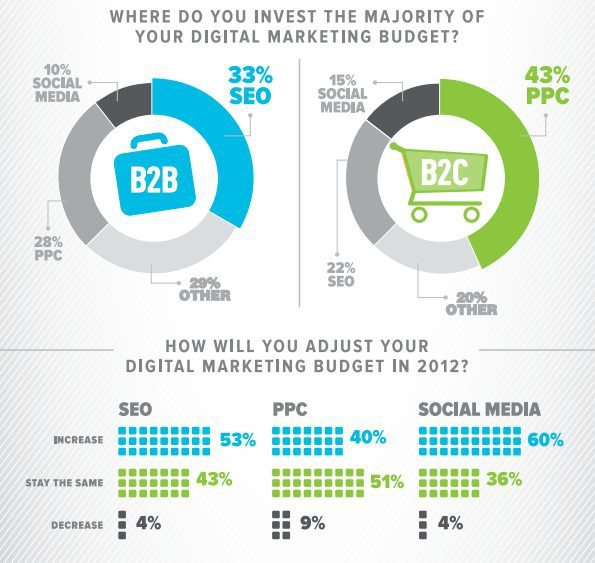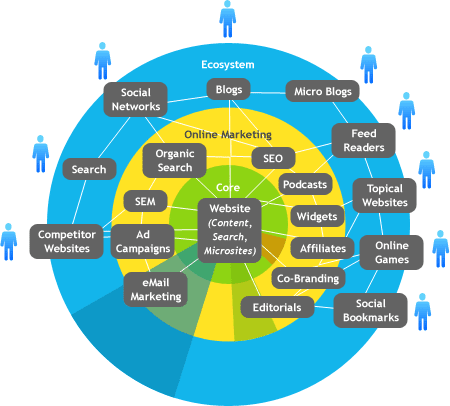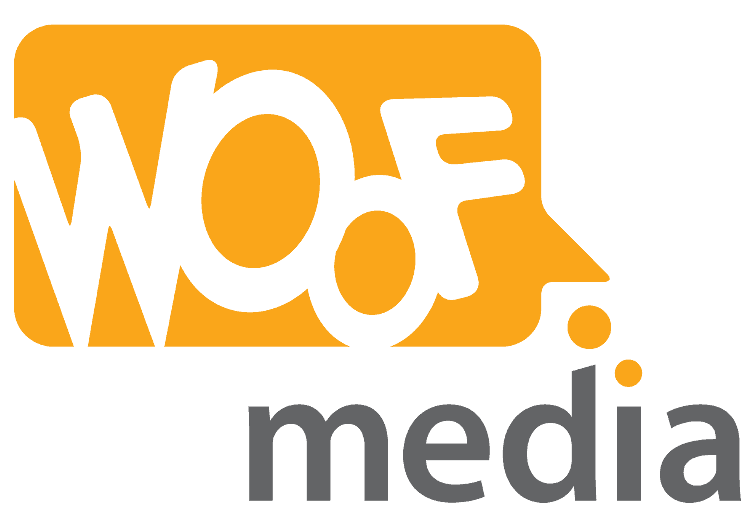Six reasons why Facebook should not replace your Website
Across Australia, businesses of all shapes and sizes are taking advantage of the marketing capacity of today's online global juggernaut - Facebook.
Facebook Pages are Facebook's answer to business 'websites' within Facebook. They offer a unique platform which gives businesses opportunity to connect, converse and engage with current and potential customers in an informal, non-salesy, professional way.
According to eMarketingConnected, 48% of Australia's top 50 brands have active and customised Facebook Pages, with over 75% of businesses dedicating time and resources to managing a Facebook page.
The cold hard stats...
Facebook is the most utilised social media platform, with just under 11 million subscribers in Australia, and over 800 million users (as at Jan 2012) across the globe. According to socialmedianews.com.au, Facebook continues to grow and has seen exponential growth during 2011 (an increase of just under 1.5 million).

In Webmarketing 123's 2011 State of Digital Marketing report, research indicates that businesses across Australia are already investing heavily in social media as part of their digital marketing strategy, with the majority of B2C (business to consumer) and B2B (business to business) companies using Facebook as their major social media platform.
The report also highlighted that over 40% of businesses were able to make sales conversions through their Facebook page, and 60% of both B2C and B2B businesses anticipate on increasing their digital marketing spend on social media in 2012 (as illustrated in this image).
So, I guess it really begs the question... why would (and should) businesses invest in a website, when they can set up a Facebook page for little upfront investment which can generate decent product/service sales?
6 Reasons why Facebook should not replace your business' website.
1. Facebook is not owned by your business.
You do not own or ultimately have control over your business page. Facebook does. Facebook isn't able to offer a full replacement web presence for a business since businesses can not take control of their page independent of the 'mothership'. Well, not yet anyway!
2. Facebook Pages have limited functionality.
Although they are somewhat customisable, all Pages are based on a template, which allows minimal freedom in terms of custom design and branding. Although this is great for Facebook (one-size fits all approach = less dramas) it doesn't allow for businesses to really optimise their page to fit their own branding.
3. Facebook analytics (monitoring and measurement tools) are very limited
Facebook have a limited monitoring and measurement analytics tool available for businesses to analyse the success of their Facebook page. Even though they have recently improved their page analytics, they are not quite to the standard which can be monitored through a website.
A business' website should be at the epicentre of any marketing strategy. This is because of it's ability (through the use of Google Analytics) to capture and present extensive data relating to visitation, which (with good interpretation and content management) can lead to increased sales conversion... ultimately putting dollars in pockets.
4. Facebook may be here today, gone tomorrow
The owners and caretakers of Facebook have the power to change policies, lose or delete data, could potentially go out of business, or just drop off the social radar when other new platforms are built (remember MySpace?!).
For example, Google has recently released it's new Google Plus social media platform. This will likely change the landscape of social media marketing for businesses during 2012. Whether it can unseat Facebook as the leading social sharing platform remains to be seen. History shows us there are no guarantees!
(UPDATE: It's 2016. So long, Google Plus, in your social media-esque form. And, unsurprisinglyl, Facebook is still here and dominating the social media landscape!)
5. Not everyone uses Facebook
Although Facebook has nearly 11 million subscribers in Australia, it has only penetrated 60% of the online population -therefore there is an unaccounted 40% of potential customers who are online searching for your product. It is therefore extremely important to have a website presence in addition to a Facebook presence, in order to be able to capture not only those on Facebook, but the wider online community.
6. Facebook management does cost, if you value your time.
Facebook Pages should never be considered as a 'cheap' website option for businesses. Businesses are often attracted to using Facebook as a replacement for a website because of the small (if any) investment of time and money to set it up. However, if your business wants to succeed on Facebook (that is, generate sales), it is important to dedicate time and energy into updating content, responding to queries and engaging with customers.
What is the best way to use Facebook for my tourism business, then?
We don't recommend that Facebook replaces your website. Rather, we advocate that Facebook should be used in conjunction with your website to engage and connect with your clients. This will give your business additional reach which you may not be able to get from your website alone.
Use Facebook as a part of a well-thought-out online marketing strategy
A good digital marketing strategy will consider a business website as a 'hub' of a wheel, with social media and various other online activities as the 'spokes'.
This image from www.findandconvert.com illustrates this model perfectly.
Social media offers a platform from which businesses can engage with customers online, and drive them to visit the website they own.
Once they arrive at the website, their movements can be tracked through Google Analytics.

With careful content planning and website optimisation, visitors can be encouraged to make a sales conversion - which is what puts dollars in pockets!
Take control of your online strategy
We can help you define and develop your tourism marketing strategy, including how best to use Facebook.
